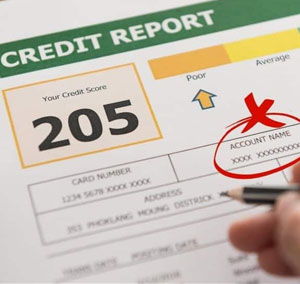Inaccurate Credit Reports – $13 Million in Fines
Inaccurate Credit Reports
But what happens when the background check firms report faulty information to employers?
That’s been the case recently, as General Information Services and Backgroundchecks.com, two of the biggest background check firms in the country, were ordered to pay a $10.5 million fine to consumers for selling inaccurate background checks. The fine was ordered by the Consumer Financial Protection Bureau (CFPB), which also ordered the two background check firms to pay an additional $2.5 million civil penalty for failure to verify the accuracy of the reports that were sold.
The two companies sell about 10 million background reports each year to employers. And many of the inaccuracies on the reports that they are now being held accountable for weren’t exactly minor errors – they were major ones. Things like including judgments that were older than seven years, misdemeanor crimes being reported as felonies and criminal record mix ups between consumers with similar names were just a few of the issues that were reported. Affected consumers are believed to be receiving about $1,000 each from the issues fines.
It’s a bad look for the background check companies – and it brings about the question of just whether background checks for employment purposes are really worth it or not. That’s because the biggest loser in this entire background check debacle is the millions of people that were likely passed up for a job.
Know Your Credit Report
As we made mention of earlier in this piece, the practice of background checks for employment screening purposes is one that’s been the subject of much debate. However, in most cases, the potential employer makes it very clear what the company policy is in this regard during the interview process. On this note, it’s worth noting that you should be checking your credit report on at least an annual basis, especially if you expect to be looking for a new job soon. That’s because inaccuracies are common on credit reports and checking your report will give you time to sniff out and dispute errors.
Additionally, if your credit isn’t exactly up to snuff, knowing what your score is and how you might be perceived will allow you to better proactively address and clear up any issues with your would-be employer.
You can receive a free credit report once per year, and you can receive a complimentary credit summary once per month from many reputable credit report consumer websites.



